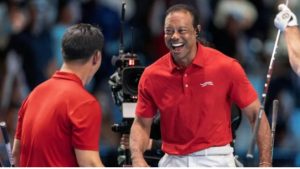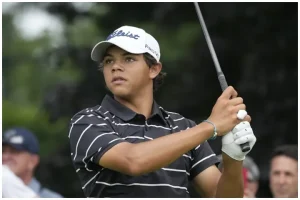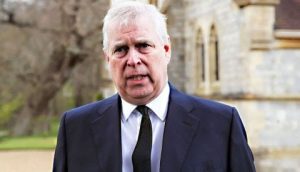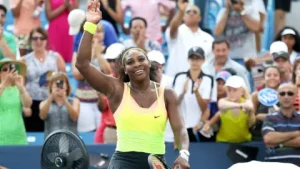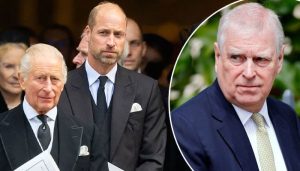
Tiger Woods and sportswear giant Nike have ended their long-term partnership after more than 27 years.
The 15-time major golf champion has used the brand’s products and equipment since he turned professional in 1996.
“The days since have been filled with so many amazing moments and memories, if I started naming them, I could go on forever,” Woods said on social media.
Nike said it was an honour to partner with “one of the greatest athletes the world has ever seen”.
Woods, 48, first signed a $40m (£31.5m) five-year contract with Nike upon turning professional as 20-year-old in 1996.
The deal became one of the most lucrative partnerships in sports history as Woods dominated the world of golf for more than a decade to put him second on the list of men’s major champions, three behind leader Jack Nicklaus.
Becoming one of the world’s most famous sport stars, Woods signed further, multiple deals with Nike over his career, including a 10-year contract in that was worth a reported $200m.
Tim Derdenger, an associate professor of marketing and strategy at Carnegie Mellon’s Tepper School of Business in the US, told the BBC the long-term partnership between Woods and Nike was “a win-win for everybody”.
In 2013, the academic was part of a research team which looked at the impact of Woods on the sales of Nike golf balls, which he switched to using in 2000.
Prof Derdenger said while Woods was paid $200m (£157m) to be sponsored by Nike over a 10-year period, the research found that Nike recovered 60% of the investment in sales of its golf balls in the US alone.
He said when Woods first turned professional in 1996, Nike “didn’t have a strong prominent position in the golf industry” and so struck gold when it launched the brand’s golf line with the upcoming star.
“What better person in hindsight to then bring out this phenomenal teenage, generational player to then launch their golf brand and apparel brand for Nike? He is golf, he is that person that brought the game to a massive amount of people over the last 25 years,” said Prof Derdenger.
“This was sort of the MO (modus operandi) for Nike and it still is to this day is to go out and find these athletes that are generational, or some of the best of their time, and build brands around them to help them drive sales of Nike products.”
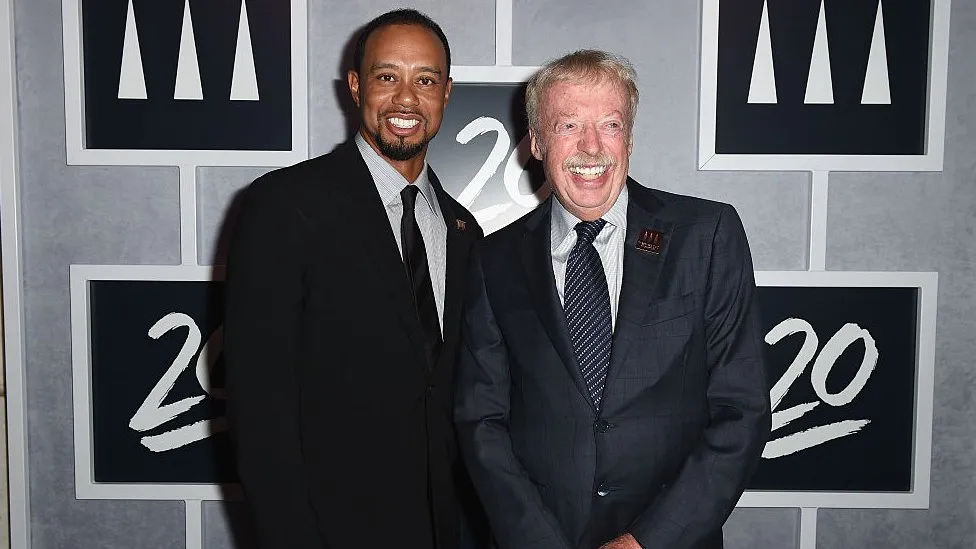
Woods, who returned to competition in November last year after a seven-month injury layoff, said in a statement across his social media platforms that he was “fortunate” to have partnered with Nike almost three decades ago.
Nike remained loyal to Woods during the up and downs of his career, including when scandal surrounding his private life emerged when he was at the peak of his golfing powers in 2009, and the golfer admitted being unfaithful to his then wife.
As major brands including razor blade maker Gillette, management consultancy firm Accenture and telecoms business AT&T cut ties with Woods, Nike said at the time it was standing firm and offered him its “full support”.
On Tuesday, Woods thanked staff and other athletes as well as Phil Knight, the co-founder and former chief executive of Nike, for his “passion and vision”.
Nike said in a statement to the BBC that the company was “grateful to have been a part” of Woods’ career.
“Throughout the course of our partnership, we have witnessed along with the rest of the world, how Tiger not only redefined the sport of golf, but broke barriers for all of sport,” it added.
While the reason for Nike and Woods’ partnership ending is not known, Prof Derdenger suggested the break-up will hurt the brand more, adding it had been a “struggle” for the company’s golf division in the last five to seven years.
In 2016, the company stopped selling clubs, bags and balls after years of falling sales and shifted its focus into golf footwear and clothes, which included sponsorship deals for another big name in four-time major winner Rory McIlroy.
But despite the popularity of McIIroy, Prof Derdenger doesn’t believe he has the same impact as Woods in “selling product”.
Without Woods, and (obviously) former basketball player Michael Jordan, “I don’t think Nike, it’s brand, would be where it is today,” he added.
“Those two athletes are synonymous with Nike and the growth of Nike.”
In recent years, Woods has used TaylorMade clubs, but his switch to Bridgestone balls was possibly an easier transition due to Bridgestone having previously made golf balls for Nike, Prof Derdenger said.
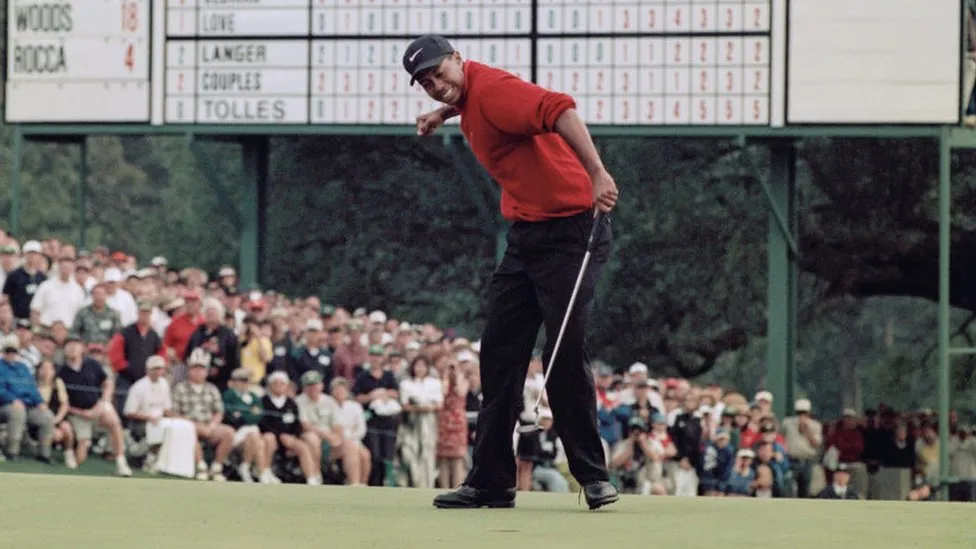
What next?
January is often the month when new contracts between golfers and their sponsors are agreed.
Woods preempted questions over his future, telling his followers: “People will ask if there is another chapter. Yes, there will be certainly be another chapter.”
He told followers “See you in LA!”, which is where Woods is hosting the Genesis Invitational next month.
Woods has had a limited schedule since suffering a leg injury in a car crash in 2021. He said in December he would only play one event per month in 2024 as he recovers from ankle surgery, but added he still believes he can still win on the PGA Tour.
“Is Tiger Woods going to create his own line? Does he need a brand to pair with or is he enough? My answer is he is enough,” said Prof Derdenger.
“Look, Michael Jordan hasn’t played in 20 years and we are still buying his shoes.”
